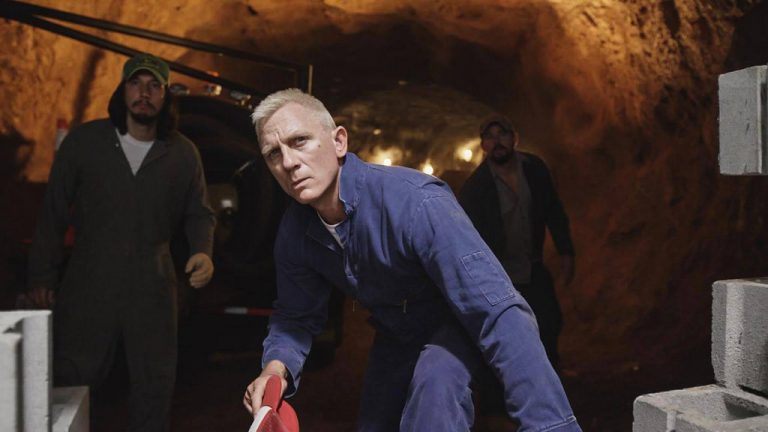
Hugh Cook
Logan Lucky reaches beyond the typical tropes found in heist films—flashy violence and dirty money—and instead uses a talented cast and fitting, West Virginia setting to comment on America’s current political environment.
The movie follows Jimmy “Lucky” Logan (played by Channing Tatum), a construction worker who is laid off after a human resource representative notes his limp. He is left with no option but to turn to crime to survive and executes a heist that targets the NASCAR Coca-Cola race.
Although this movie sounds like a classic heist thriller, Logan Lucky highlights the dissatisfaction of the blue collar demographic with established political entities. There is a striking contrast between the unstable employment that harms the Logans and the comparatively prodigal cameos by NASCAR racers, who act as though their wealth and status places them above the workers who support them. Jimmy, among others, struggles with survival while he falls below the poverty line.
The impoverished but hard-working characters are archetypal of the ever-increasing divide between the rich and the poor in America. The Logans’ unstable situation is juxtaposed with the NASCAR drivers’ gaudy lives which thematically portrays the changing relationship between technology and industrial developments. Although technology once served the worker, industrial developments come to threaten the stability of manual labor jobs.
Jimmy Logan’s daughter is at the center of this contemplation of cultural struggles. He is shocked at the Hollywood-perpetuated sexualization of younger girls and is prompted to be present in his daughter’s life. Having to spray-tan your young daughter, which happens in a scene of the movie, can make you question society’s expectations of female beauty.
Thematic rejection of typical Hollywood focuses on appearance, wealth, and flashiness on the movie screen seems somewhat ironic. However, the movie embraces themes by dressing the characters in plain clothes and setting them in an unassuming town, unlike typical heist movies.
Logan Lucky is a colorful toast to the working class and encourages people who struggle to resist corporate powers and economic instability which disrupt communities. The movie condemns the corruption rife throughout America’s justice system. Logan Lucky also highlights the struggle for control of the minds of youth, which are caught between mass media and regional cultures. These themes constitute an elegant commentary that underlies a seemingly average, big-budget summer blockbuster. They challenge our assumptions and create a complex, meaningful allegory for our current political environment. Logan Lucky is a step above what we expect from “heist movies” and delivers an exciting story filled with pertinent social commentary.










